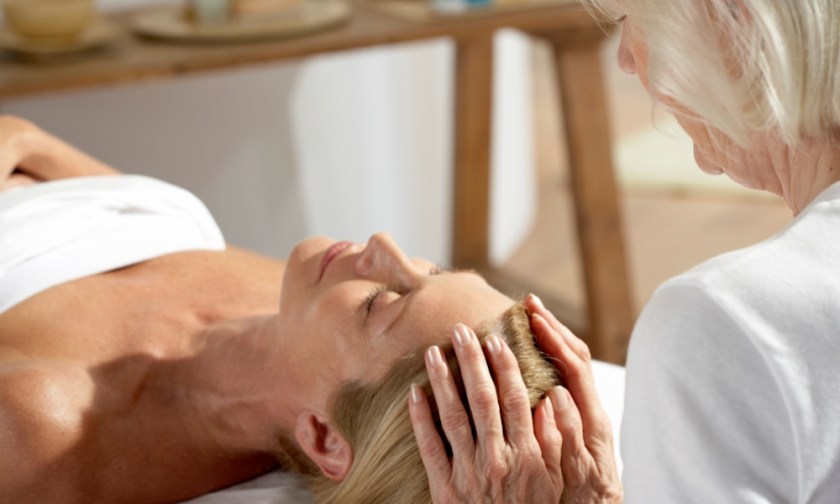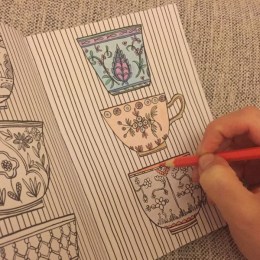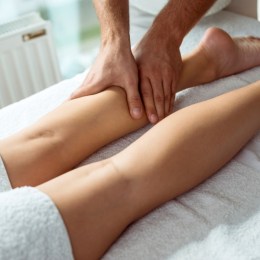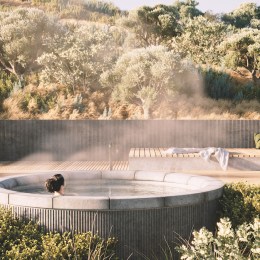Oncology Massage Ltd (OMT) has announced a collaborative research project with Western Sydney University, which will examine the use and demand of integrative oncology services in Australia.
Integrative oncology is a new evidence based specialty that uses complementary medicine with conventional cancer treatment to enhance efficacy, symptom control, and to reduce patient distress.
“Use of complementary medicine is increasing among individuals living with cancer – up to 63 per cent of Australians diagnosed with cancer have used some form of complementary medicine – and there is a national interest in the development of integrated oncology services,” said Professor Smith, Chief Investigator of the project.
Cancer patients use complementary medicine for a variety of reasons including, the management of treatment related side effects and symptoms of cancers, to enhance the effectiveness of cancer treatment, to prolong life and to improve their quality of life and self-efficacy.
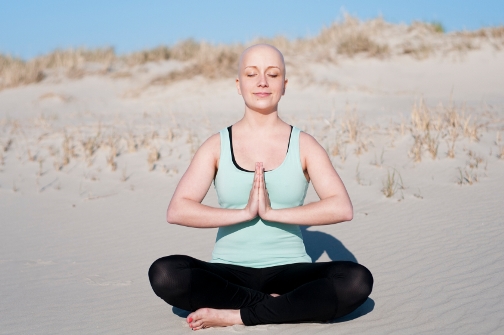 Professor Smith says research shows between 10-17 per cent of cancer patients in Australia use massage, acupuncture, and yoga as part of their treatment plans and this number is growing.
Professor Smith says research shows between 10-17 per cent of cancer patients in Australia use massage, acupuncture, and yoga as part of their treatment plans and this number is growing.
Complementary therapies are not offering a cure, but will improve quality of life and can offer better outcomes after treatment says OMT Managing Director, Kylie Ochsenbein.
“Quality survivorship is recognised as vital to cancer supportive care and there is global acknowledgement of the need for effective survivorship interventions to address the long term effects of cancer treatment,” she added.
Australian Bureau of Statistics (ABS) data indicates one in two people will have some form of cancer diagnosis before they turn 65.
The ABS 2013 Causes of Death in Australia report identified seven cancer related diseases in the top 20 causes of death, accounting for 27.5 per cent of those deaths.
Queensland cancer patient of 16 years, Glynis says her oncology massage therapists have assisted with her wellbeing and cancer treatment.
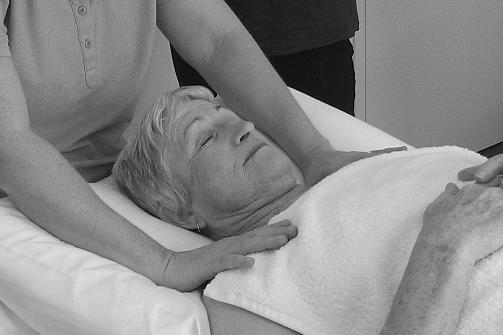 “I’ve been going down this cancer track since 1999; a lot of my courage has come from the help that’s been offered through oncology masseurs,” Glynis said.
“I’ve been going down this cancer track since 1999; a lot of my courage has come from the help that’s been offered through oncology masseurs,” Glynis said.
“It’s a very special hour that is just for me and I know it makes a difference. It’s more than just physical… it’s an emotional help, a psychological help, it’s a time where I can manage stress better and just relax and use that time to recharge my batteries.”
Kylie adds that for symptom management, research has shown oncology massage improves the quality of life for people with a history or diagnosis of cancer.
“The aim of this new research project with Western Sydney University is to understand the needs of people living with cancer regarding access to complementary medicine modalities such as massage, and to support patients before, during and after treatment.”
References:
Australian Bureau of Statistics 2013, Research and experimental development, higher education organisations, Australia, cat. no. 3303.0, ABS, Canberra.
Cassileth, BR & Vickers, AJ 2004, ‘Massage Therapy for Symptom Control: Outcome Study at a Major Cancer Centre’, Journal of Pain and Symptom Management, 28:3:244-250

